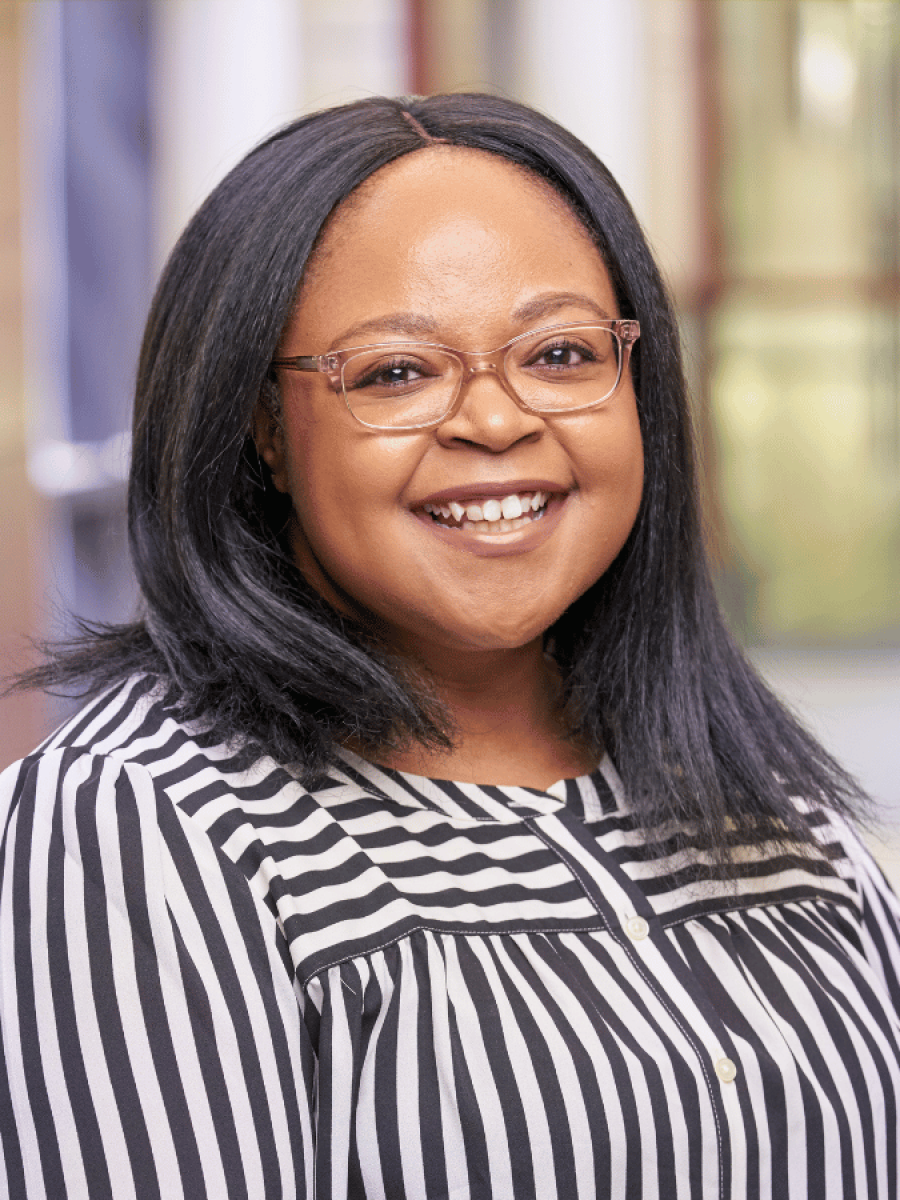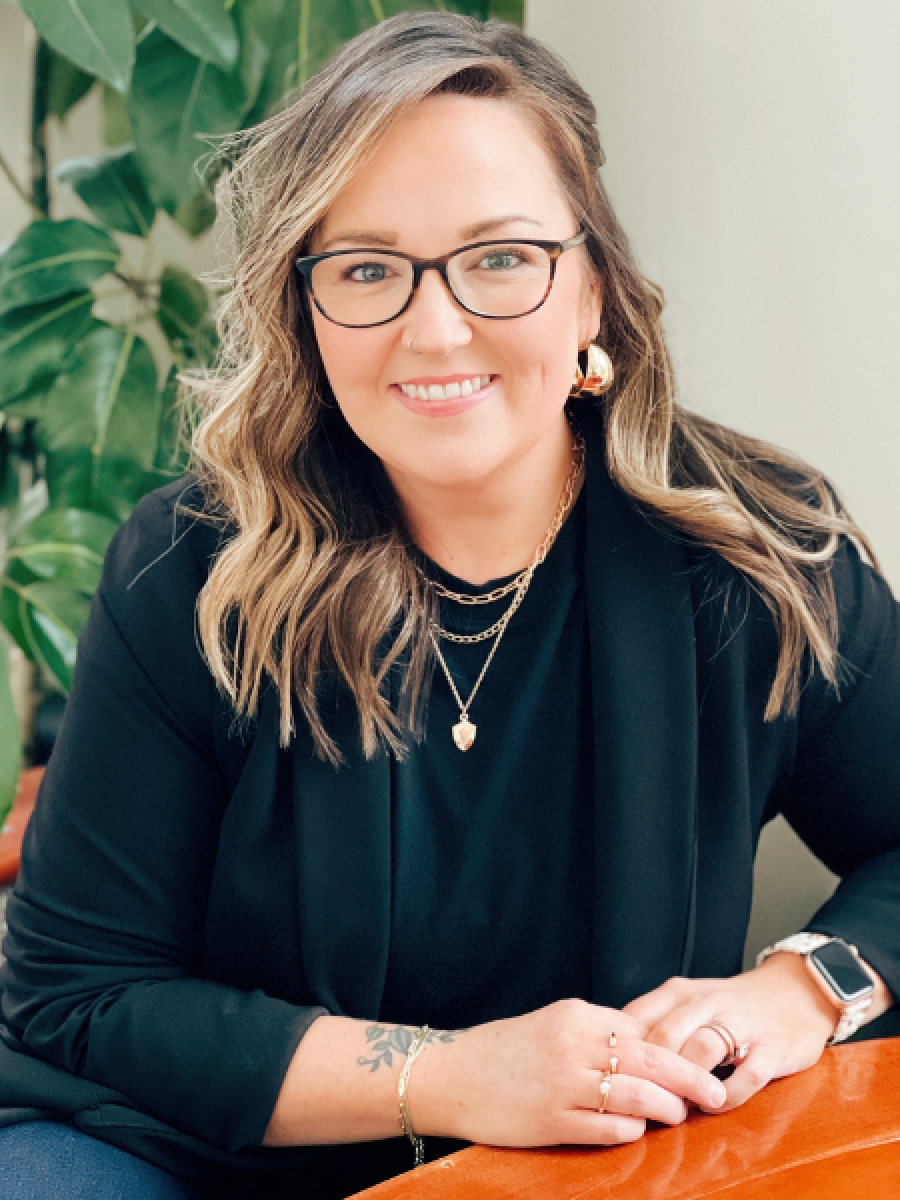The Office of Student Life
Overview
The Office of Student Life mission is to facilitate learning and support the success and wellbeing of every student by developing a culture of accountability, responsibility, inclusion, and respect for our colleagues and ourselves.
Holistically minded, the Office provides services and resources that reflect the diversity of needs and issues that law students encounter during their education. Its vision is to send the happiest, healthiest, and most professional law students out into the world to lead and transform the legal profession.
Departments
The office, in conjunction with University-wide departments, provides a wide variety of services for individual students and organizations. The Director of Student Affairs offers non-clinical general and situational counseling and referrals to campus resources.
The office supports the academic aspects of the law school experience. It provides academic guidance and counseling, offers programing designed to enrich each student's intellectual and professional development, and acts as a liaison between students and the faculty and law school administration.
The office works with students to develop skills and processes that will make them more successful law students and lawyers, including counseling and other services.
Diversity and Inclusion
We promote a culture of inclusive engagement through opportunities to explore our differences and each student’s unique story. The Office of Student Affairs acts as the adviser to the Equity, Diversity, and Inclusion Council and works in close partnership with the Associate Dean for Diversity, Equity, and Community. We work collaboratively with students to build a community that encourages respect, tolerance, and appreciation of individual differences.
Campus Life
Vanderbilt Law School is located on the campus of Vanderbilt University. In addition to the law school's proprietary resources and services, law students have access to a broad array of campus resources—including the Student Recreation Center, a well-equipped work-out facility that offers a pool, an indoor track, a large weight room, and indoor squash and tennis courts, as well as club and intramural sports. You'll also find ample opportunities to attend arts performances and exhibits and lectures within easy walking distance.
Select University Services

Meet the Team
The Office of Student Life is here to serve the student community. In both personal and academic spaces, we are available to guide students through their Law School journeys.
Learn more about our team members below.
-

Chris Meyers
Dean of Students
Pronouns: He | Him | His
- 615-322-6826
- Suite 152G
-

Jasmin Felton
Director, Academic Life
Pronouns: She | Her | Hers
-
Meg Phillips
Director, Academic Success
Pronouns: She | Her | Hers
-

Michelle Kovash
Director, Student Affairs
Pronouns: She | Her | Hers
- 615-875-9160
- Suite 152F
-

Jennie Stumpf
Program Coordinator for Student Engagement & Community
Pronouns: She | Her | Hers
- 615-343-0701
- Suite 152M
-

Ashley Sasser Gray
Senior Administrative Assistance for Student Organizations & Publications
Pronouns: She | Her | Hers
-
Kat Manning
Student Services Coordinator, Academic Life
-
Lola Waller
Student Records Coordinator, Academic Life
Have Questions?
Email the Office of Student Life